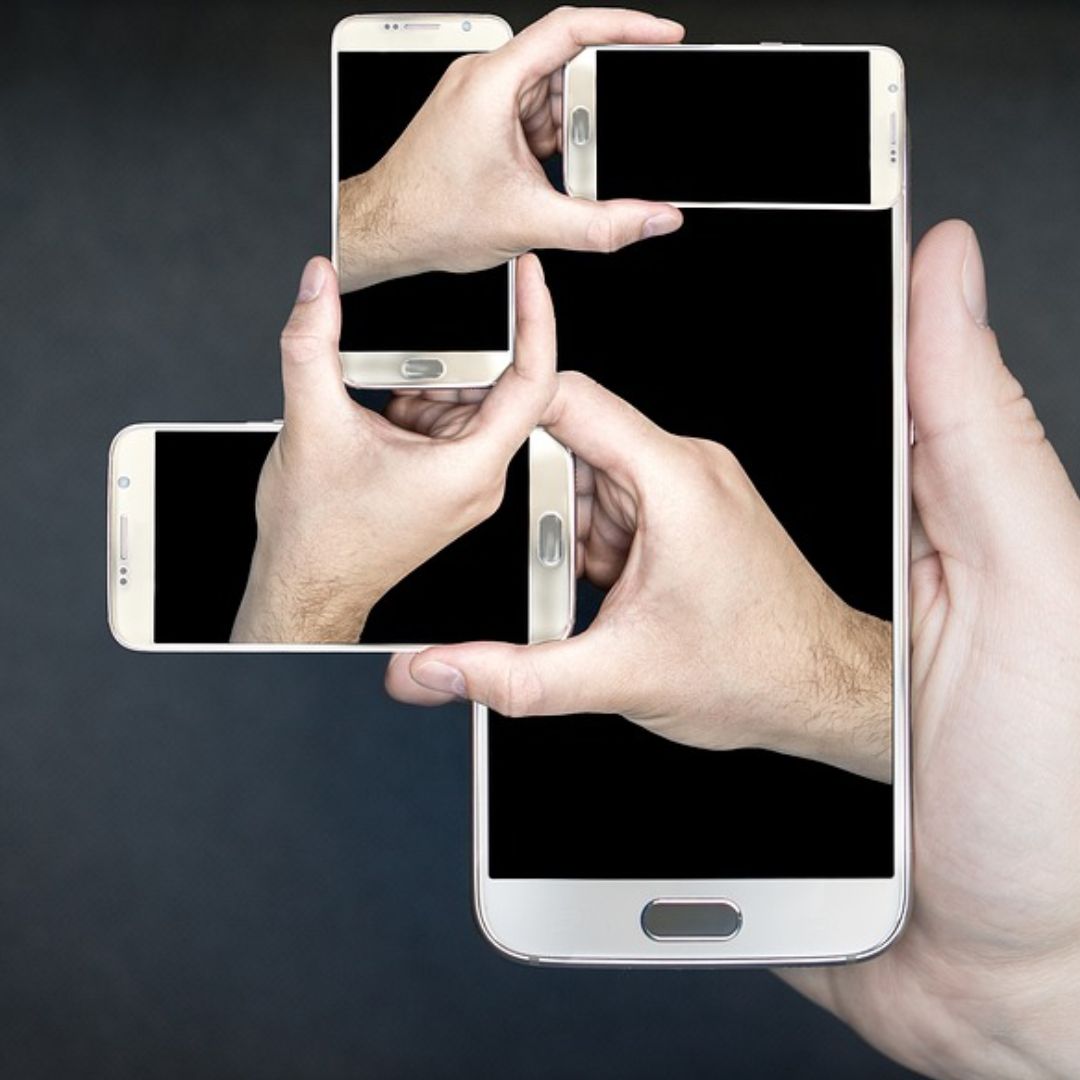
Picture Credit: Pixabay
'Digital Addiction Leads To Mental Health Disorder': Know Why Making Sensible Use Of Technology A Priority
Writer: Ronit Kumar Singh
A confident and reliable journalist who always desires to toss the unheard voices. I cover politics and governance extensively through stories.
India, 16 July 2022 2:44 AM GMT
Editor : Snehadri Sarkar |
While he is a massive sports fanatic, his interest also lies in mainstream news and nitpicking trending and less talked about everyday issues.
Creatives : Ronit Kumar Singh
A confident and reliable journalist who always desires to toss the unheard voices. I cover politics and governance extensively through stories.
Digital addiction signifies the harmful dependence of humans on digital technologies, which leads to mental health and several other disorders like anxiety and depression. Many psychologists believe addiction to devices and media is similar to substance abuse disorders.
Digital addiction is a harmful dependence of human beings on digital devices and media- computers, smartphones, video games, etc. A study conducted by an independent clinic psychologist reveals that digital addiction in India is prevalent in 1.3 per cent of the total population, where higher rates of 11 per cent are seen in college-going students and lower rates in adolescents.
Studies have revealed a relation between high usage of digital technologies and mental health disorders like depression and anxiety. Some psychologists have claimed that addiction to technology and media is similar to substance abuse disorders. Digital addiction to the user occurs when it starts harming the life and becomes difficult to stop despite knowing that it harms health in many ways.
There has been a massive growth in the internet and digital media in India and globally in the last decade. According to an NCBI report, about 646 million active internet users in urban India in December 2021 compared to 42 million in 2008.
The internet is used by 20-25 per cent of the total user to facilitate research, acquire information, communication, and business transactions. On the other hand, it is also used by some to indulge in pornography, excessive online gaming, chatting for hours, and even gambling. There has been considerable concern globally about what has been labelled as "Internet or Digital addiction."
The subject of digital addiction has also become a matter of discussion and debate in psychiatry and psychology. Some psychologists believe that digital addiction abuse is parallel to substance use disorder. In contrast, some psychiatrists believe that regular use of technology in contemporary society is normal, and misuse of technology underlines disorder.
Early-Stage Symptoms
The user addicted to digital technology may show numerous mental health symptoms and other disorders, including sadness, anxiety, depression, irritability, loss of interest, and using technology to cope with negative emotions. As part of physical symptoms, a person might suffer from carpal tunnel syndrome, body aches, insomnia, vision defect, and weight loss/gain. It's always a vice step to recognise the addiction early to cope with the disorder easily.
'Bella Younger' A Case Of Digital Addiction
Bella Younger is a comedian who became an 'accidental influencer' after her account' Deliciously Stella' went viral and gathered a huge fan following on Instagram. In 2022, she will have nearly 1 million followers and a blue tick. Her career through this social media platform took a toll, and she realised that Instagram is now a part of her life.
Her significant time in an entire day, week and month used to go by buffering social media platforms as she was trapped in the vicious circle of 'Internet Addiction.' It started affecting her physical and mental health and became very prominent in her life. She recently wrote a book named 'The Accidental Influencer: How My Need to Get Likes Nearly Ruined My Life' and hosted several podcasts sharing her experiences, reported Stylist UK.
How To Deal With Digital Addiction?
One can tackle their digital addiction in many ways, including turning off push notifications, scheduling times or being mindful to check the phone, using a timer to minimise the usage of technological devices, and replacing the value of techy gadgets with valuable things like books. People facing disorders due to their digital addiction shouldn't be completely cut off from using digital devices; a slow and timely process will help. This is a new-age problem which requires self-belief and consistent dedication.
Also Read: Andhra Pradesh: Train Guards, Loco Pilots From Visakhapatnam To Become Green Ambassadors
 All section
All section














